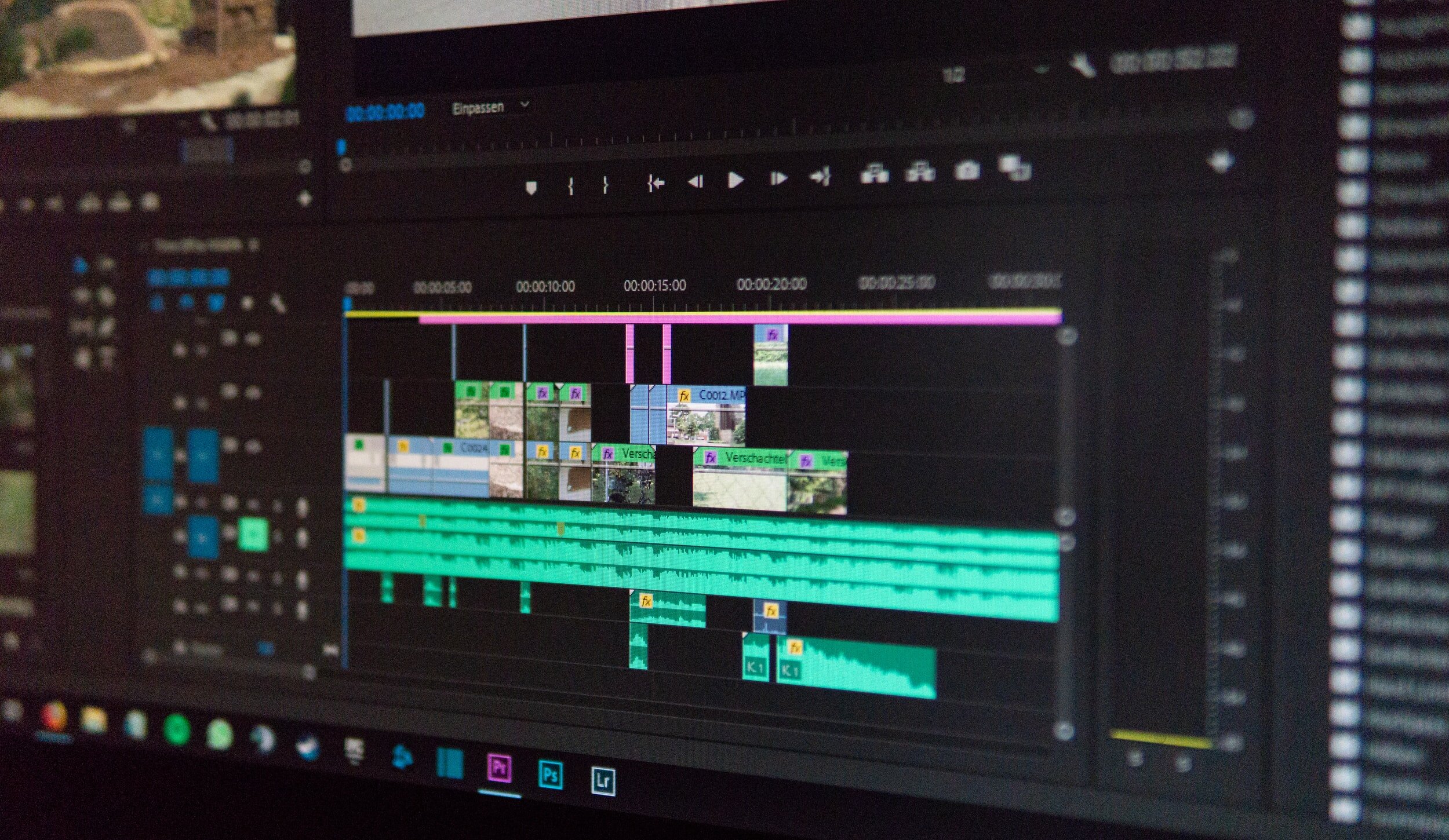Do you have an ethical communication framework?
In an ideal world, communications staff are a part of the content creation process. Whether that process involves sitting around a table (or zoom call) or there is some preferred way to ideate, your comms people need to be in the room where it happens.
Why?
Because they (we) know things.
Consider this: People in your org want an explainer video made. Great! It’s going to be a short 60-90 second piece. The subject matter experts are interviewed, it’s handed off to the person who’s making the video, and you get a link to the finished project, ready to publish on your platforms. When you watch the video, you notice a few things. The images and video clips don’t match the content. Or even worse, they aren’t representative of who you are as an organization or the ways you want people to understand how you engage this topic.
What do you do? Do you go back and change the images, or do you say, I’ll do it for the next round of videos we create?
I bring this up because variations of this scenario happen all the time in many organizations. We create things quickly; we are complicit in the grind culture of quantity and production and somewhere our message gets lost.
Good communication doesn’t have to take a lot of time, but it does have to be done well if we want it to matter.
If you’re looking for a resource to get started, the Markkula Center is a great place to begin. Here’s a link to their ethical decision making framework.

